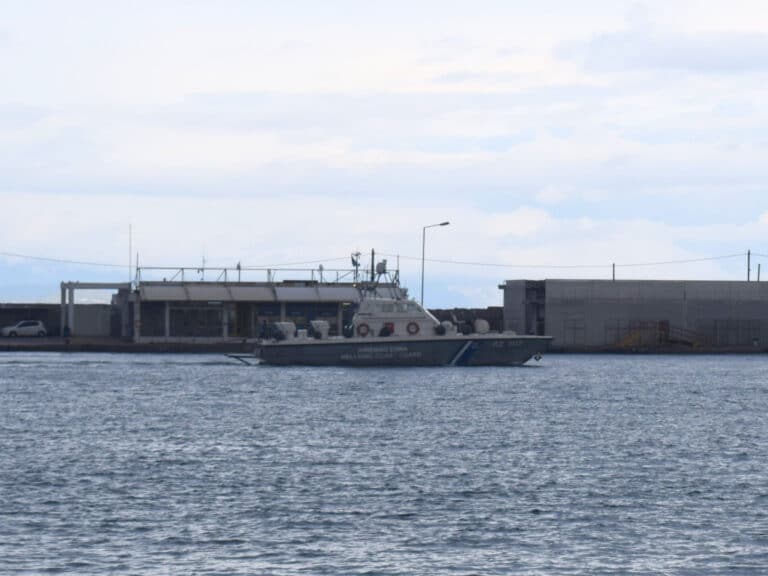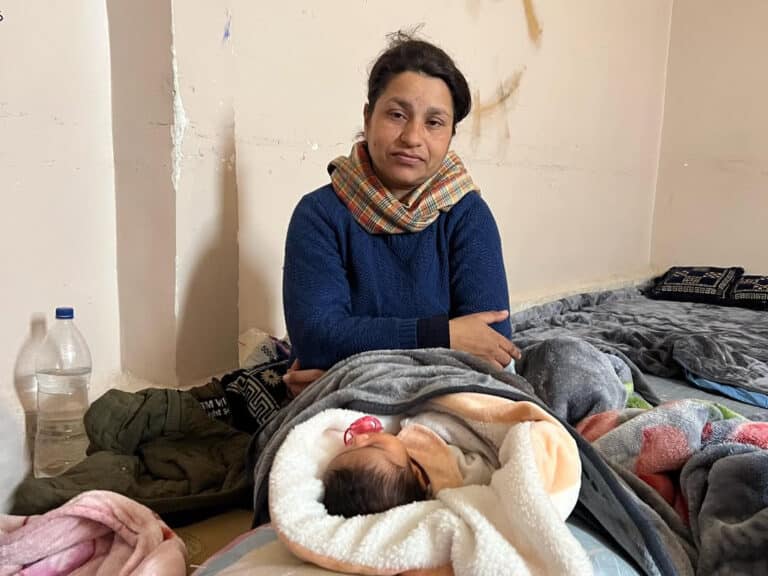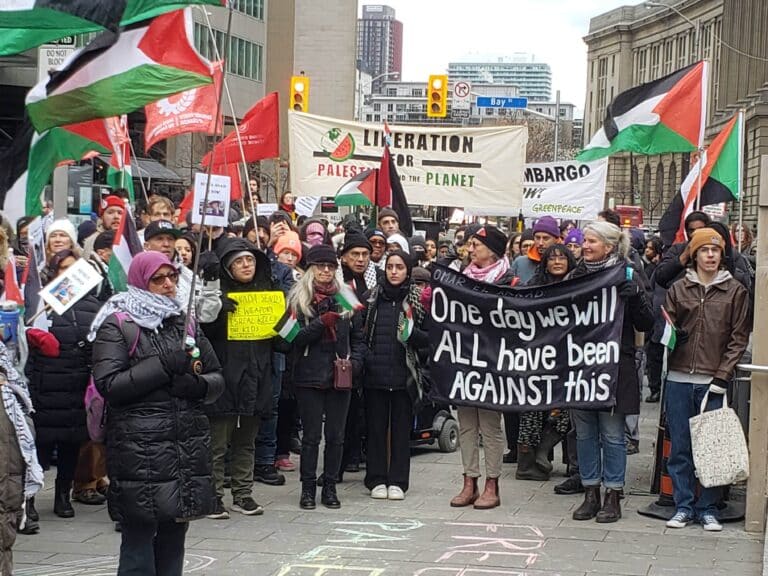As the new school year begins in Palestine, many students face daily terror and uncertainty. The journey to and from school is fraught with danger, whether from settler attacks, Israeli military raids on schools, or the constant threat of arrest while traveling through checkpoints. These experiences, which are a grim reality for many Palestinian children, underscore the difficulties of pursuing education under occupation.
For Palestinian students, the feeling of fear is ever-present, particularly in areas like Hebron and Masafer Yatta. These regions are known for their closed-off zones, where military presence and settler violence are a daily part of life. Students here often find themselves passing through multiple checkpoints on their way to school, with each crossing a potential flashpoint. It is unimaginable to think that children, whose primary concern should be learning and playing with their friends, are forced to navigate such obstacles to attend their classes. The question must be asked: How can a child’s mind and spirit truly be focused on learning when they are preoccupied with the fear of what might happen at the next checkpoint? How can they concentrate on their studies when the looming threat of violence or arrest shadows every step of their journey?
Psychologically, these experiences take an immense toll. Many students suffer from anxiety and fear as a result of their daily encounters with Israeli soldiers and settlers. The simple act of traveling to school becomes an ordeal, as children and teens are often made to wait at checkpoints, subjected to humiliating searches, and forced to comply with the commands of soldiers who may deny or delay their passage at a whim. Imagine the emotional toll of standing at a checkpoint, unsure whether you will be allowed to pass, all while knowing that any hesitation, any wrong move, could lead to dire consequences. The constant threat of violence and the unpredictability of these interactions create an environment of instability and fear, inevitably hindering the students’ ability to learn and grow.
Equally distressing are the attacks that occur within school grounds. Settlers, encouraged by the protection of the Israeli army, frequently storm schools, attacking students and teachers alike. These assaults can range from physical beatings to shootings, and in many cases, the Israeli army does little to intervene, instead offering protection to the armed settlers. This creates a harrowing power imbalance: the attackers are heavily armed and shielded by military forces, while the victims—students and educators—are left defenseless. The very places meant to nurture and educate children become sites of violence and fear, further undermining the educational process and leaving students traumatized.
The situation in Gaza is even more tragic. Many schools in Gaza have been entirely or partially destroyed in the wake of repeated military offensives. These bombings, which have targeted entire neighborhoods and residential areas, have left students and teachers dead, while others have been forced to flee for their lives. In some cases, entire schools have been reduced to rubble, leaving no place for children to return for their education. Even when schools remain standing, the ongoing threat of airstrikes and the constant sound of bombing make it impossible for students to focus on their studies.
The destruction of educational infrastructure in Gaza is not just a physical loss; it is also a loss of opportunity. Many students in Gaza have been completely deprived of access to education due to the bombings, as schools are too damaged to operate or the roads leading to them are unsafe. For university students, the situation is similarly dire, with many unable to continue their studies due to the destruction of campuses or the impossibility of traveling to class amidst the ongoing violence. The psychological impact of this disruption cannot be overstated. For children and young adults who have already lost family members, friends, and classmates in the bombings, the loss of education represents yet another blow to their future and their sense of hope.
The cumulative effects of these experiences are devastating. For many Palestinian children and students, the prospect of a regular education is a distant dream, overshadowed by the daily realities of life under occupation. The trauma of settler violence, military raids, and the destruction of schools leaves lasting scars, both physically and emotionally. These students are not just missing out on lessons in math or science; they are being deprived of the basic sense of security and stability that is necessary for any child to thrive.
As the world watches the situation in Palestine unfold, it is essential to remember the human cost of this occupation, particularly for the youngest and most vulnerable. Education is a fundamental right; every child deserves to learn in peace, free from fear. Yet, for so many Palestinian children, that right is being systematically denied. Let us take a moment to think of every student who has lost their education, family, or friends. Let us pray for an end to the suffering and fear that these children endure daily and for a future where Palestinian students can attend school without the looming shadow of violence and occupation.




